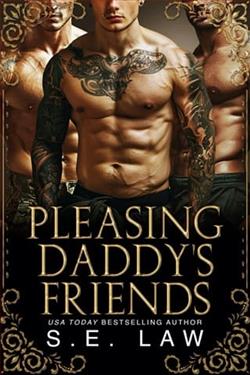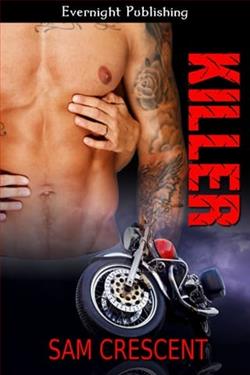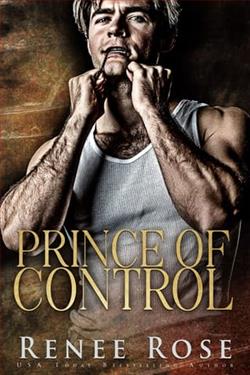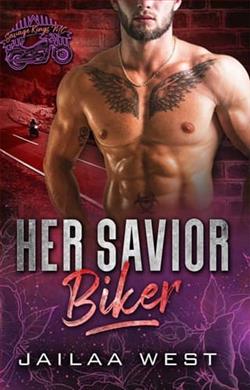Page 27 of At First Dance
Overachieving.
A second bubble pops up.
Bailey:
Butterscotch tried to eat my braid. 10/10, would let her again.
I grin, then swipe to the thread above hers.
We land in the thick, wet heat of Nashville that grabs you under the collar and asks you to explain yourself. I keep the brim of a borrowed cap low, the windbreaker zipped, the pace even. Celeste’s assistant is waiting near baggage claim with a sign that says IVY in block letters, like I could be any Ivy and they’d still take me.
“Miss Quinn,” he says, snapping to attention. His name is Marlon, and he wears anxiety like cologne.
“Hotel?” I ask.
“Celeste would prefer the office,” he says, like we’ve rehearsed it.
“Celeste prefers a lot of things,” I answer, because I’m already exhausted, and I haven’t even started performing yeses I don’t mean.
He hustles me to a black sedan parked in the loading zone like they own municipal space. The driver flicks his eyes to the rearview and lands on me the way people do when they’re trying to calibrate who you are to who you are on their phone. I turn my face to the glass and watch the city crawl by in mirrored pieces.
Billboards shout other faces. Other tours. Other girls whose mothers learned early how to turn talent into leverage and leverage into PR. I tug the cuff of the windbreaker over my knuckles and dig my thumb into the seam until the itch in my throat backs down.
Celeste’s office is three floors up in a building that smells like copy paper and ambition. The lobby receptionist smiles with practiced warmth. Marlon swipes us through. Outside Celeste’s glass door, a quartet of framed covers stares back at me—magazines that promised I was new, then promised I was inevitable, then promised to tell you what I wore to bed.
Celeste opens the door before I knock because she always knows when she’s about to win.
“Darling.” She air-kisses both my cheeks, the linen of her dress whispering money. “You look… rested.”
Which, for Celeste, means you look like you’ve been somewhere that doesn’t suit our narrative.
“Hi,” I say, because I could say other things, and none of them will make this go faster.
Her office is a magazine page with blush chairs no one sits in, a bar cart that holds decanters no one drinks from before five, and a skyline view calibrated for late afternoon self-congratulation. She slides behind her desk and steeples her fingers like church.
“Let’s talk plan,” she says.
“Let’s talk terms,” I counter. My voice comes out even.
Her smile doesn’t falter, but the edges lose patience. “We have three radio hits warming. The label’s asking if the rumors are true. They’re hearing you might be exploring a team change. We can manage the narrative, but we need the narrative.”
“I’m not changing teams,” I say. “I’m changing… proximity.”
“To what?”
“To the part where I disappear when the machine isn’t hungry,” I say. “I need to be a person. You can sell that, can’t you?Girl Finds Her Voice? Girl Chooses Herself?You taught me how to write the copy.”
She leans back. “And Nashville?”
“I’ll do the interviews,” I say. “I’ll do the Zooms. I’ll sing when I want to sing, not when you need me to sing to fill a slot on a morning show that will ask about my eyebrows and Crew in the same breath.”
At his name, one eyebrow actually lifts, like she rehearsed that trick in a mirror. “Ah, yes. Crew.”
“Don’t,” I say. I’m surprised at the knife in it. “We were content. It’s over.”
“Content,” she echoes. “Darling, everything is content.”
For a second, I want to laugh. For a second, I want to ask if she remembers what I looked like the first time she took me to a studio—twelve, shaped like stage fright and stubbornness, singing a verse that wasn’t perfect and could have been honest if anyone had let it. For a second, I want to tell her Rowan’s hands look like work, and his porch light looks like mercy, and none of that sells ad space.















